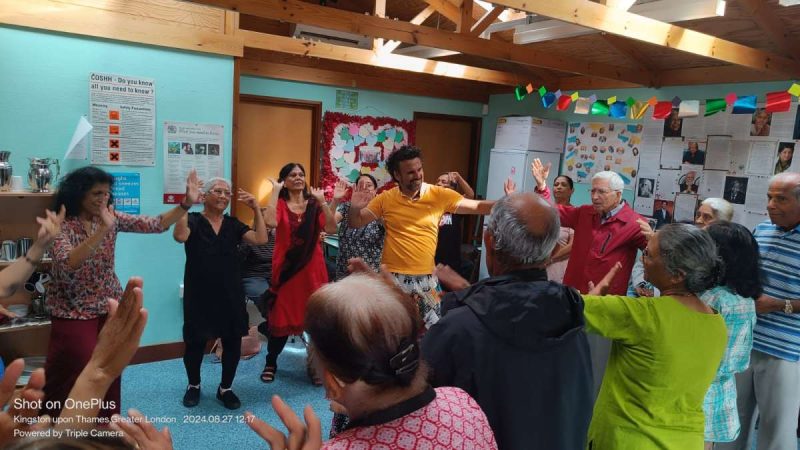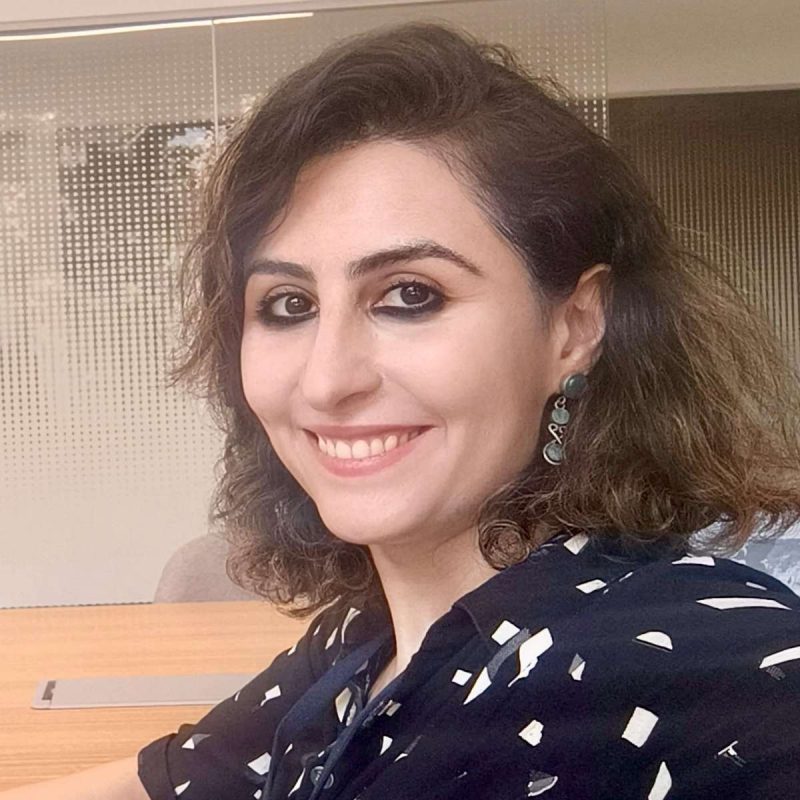The year 2020 belongs to doctors and the healthcare workers who are risking their lives to fight the lethal, invisible virus Covid-19. While India stays at home to curb spread of the pandemic; armed with masks, gloves, and protective gears, the medical community is working tirelessly round the clock amid mounting pressure, fear of being infected and harassment and discrimination.
As we celebrate National Doctors day on July 1, IANSlife spoke to a few doctors who talk about the several challenges they face during this pandemic.
Dr Manoj Goel, Director, Pulmonology, Fortis Memorial Research Institute Gurugram, says the most challenging part is “communicating with patients and keeping them motivated”. He tells IANSlife: “I have seen patients who feel discouraged by the thought that they will have to be isolated away from their families and cannot meet them or see them. Handling such patients, we doctors have to become a part of their families till the time treatment goes on.”
Dr. Inder Kumar Kasturia, Consultant, Family Medicine, Aakash Healthcare, Dwarka, adds: “Patient education to a group of people, who have to start or continue their work to maintain their livelihood, is important because it enables them to save themselves from the risk of getting infected. Since the manifestation of Covid-19 is different in different patients, the management also should be flexible as we cannot generalized the same management for every patient.”
The increase in the number of patients and decreasing number of medical staff as they are falling sick and getting quarantined is another challenge posed in front of them, points out Dr. Inder.
Due to this, pressure on the medical staff has increased. “I personally have close to 19 working hours in a day. When not seeing the patients physically I monitor them through tele consult and tele- ICU. There is a risk of staff being infected because they work in close contact with the positive patients. I have seen that scare in my staffs eyes… As the disease will spread further I know the challenges will further increase,” states Dr. Goel.

“The pandemic has tested the mettle of healthcare organisations and workers. Creating awareness about this virus amongst their employees, especially non-clinical support staff or even paramedics is very challenging,” says Dr Gauri Agarwal, Director of Seeds of Innocence (IVF Facility) & Genestrings (Genetic Lab).
“Most employees are facing pressure from their families to not work in the ‘Covid Zone’. Hence, fear is the single biggest challenge which has resulted in quite a few support functions across hospitals, nursing homes and testing labs forced to work with lesser hands on the job,” she adds.
Increased pressure and the fear to spreading the disease to their family is also taking a toll on their physical and mental health on the doctors. Despite using protective gears a moment’s lapse can get one infected.
“There is always a constant fear that runs in my mind that what if I am spreading the deadly coronavirus to my children, who diligently follow the hygiene guidelines as suggested by the health bodies. I have really forgotten when was the last time we watched a film or show on TV together. Life has become an emergency drill. Being a doctor at a full-fledged Covid-19 hospital, my life revolves around emergencies. Though it’s highly fulfilling to serve your nation at this time of need, at time we also crave for a normal life,” says Dr Shuchin Bajaj, Internal Medicine, Ujala Cygnus Orthocare Hospital, New Delhi.
When it comes to mental health of the doctors fighting the pandemic, it has gone as far as a doctor committing suicide in the US as she was feeling helpless in treating the patients due to lack of resources. So for once the saviors are impacted and at highest risk for not only consist but also for depression, insomnia, anxiety, increased alcohol consumption and immense fear of spreading the virus to your loved ones, shares Dr. Preeti Singh, Sr. Consultant Clinical Psychology and Psychotherapy, Paras Hospitals, Gurgaon.
“It is very distressing yet you continue to do the noble profession. Doctors should be discussing with their peers and watch their moods in terms of feeling sad, mood swings, increased irritability, increased anger. Please speak to someone competent to handle mental health,” she concludes.









